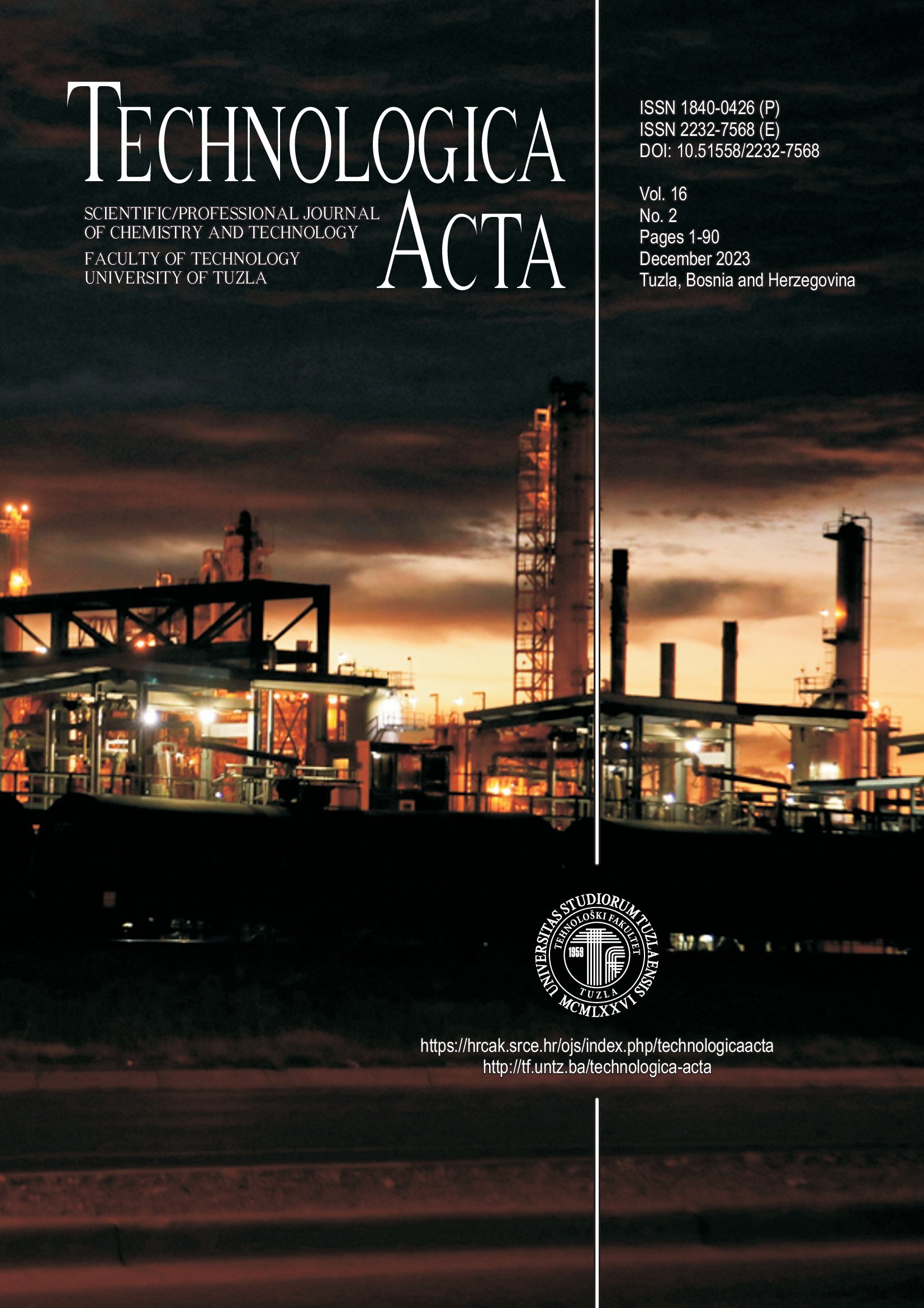The Role of Fishing Ports in the Sustainable Blue Economy
Keywords:
fishery and aquaculture, ports, sustainability, blue economy, marine environmentAbstract
Fisheries and aquaculture play an important economic, environmental and social role. The development of fisheries and aquaculture depends on many factors, including adequately equipped ports and landing sites. The aim of this paper is to highlight the role of fishing ports in the sustainable blue economy. Fishing ports support the sustainable development of fisheries and aquaculture by promoting best practises for environmental protection, maintaining food quality, creating fair prices, supporting workers' rights, integrating local communities and ports, and more. The FAO Blue Ports Initiative aims to strengthen the role of ports as drivers of sustainable development in coastal communities and promote the achievement of several key Sustainable Development Goals (SDGs), including SDG 1 (No Poverty), SDG 2 (Zero Hunger), SDG 3 (Good Health and Well-being), SDG 5 (Gender Equality), and SDG 14 (Life Below Water). However, ports are also encouraged to adopt a blue economy approach to management to achieve long-term benefits for local communities. Port management, in collaboration with scientists, policy makers, the private sector, and civil society, should focus on inclusivity, competitiveness, greening, and process efficiency, and support collaborative actions to improve the quality of life of local communities.
Downloads
Published
Issue
Section
License
Copyright (c) 2024 Gorana Jelić Mrčelić, Luka Živanović, Vedrana Nerlović

This work is licensed under a Creative Commons Attribution 4.0 International License.


